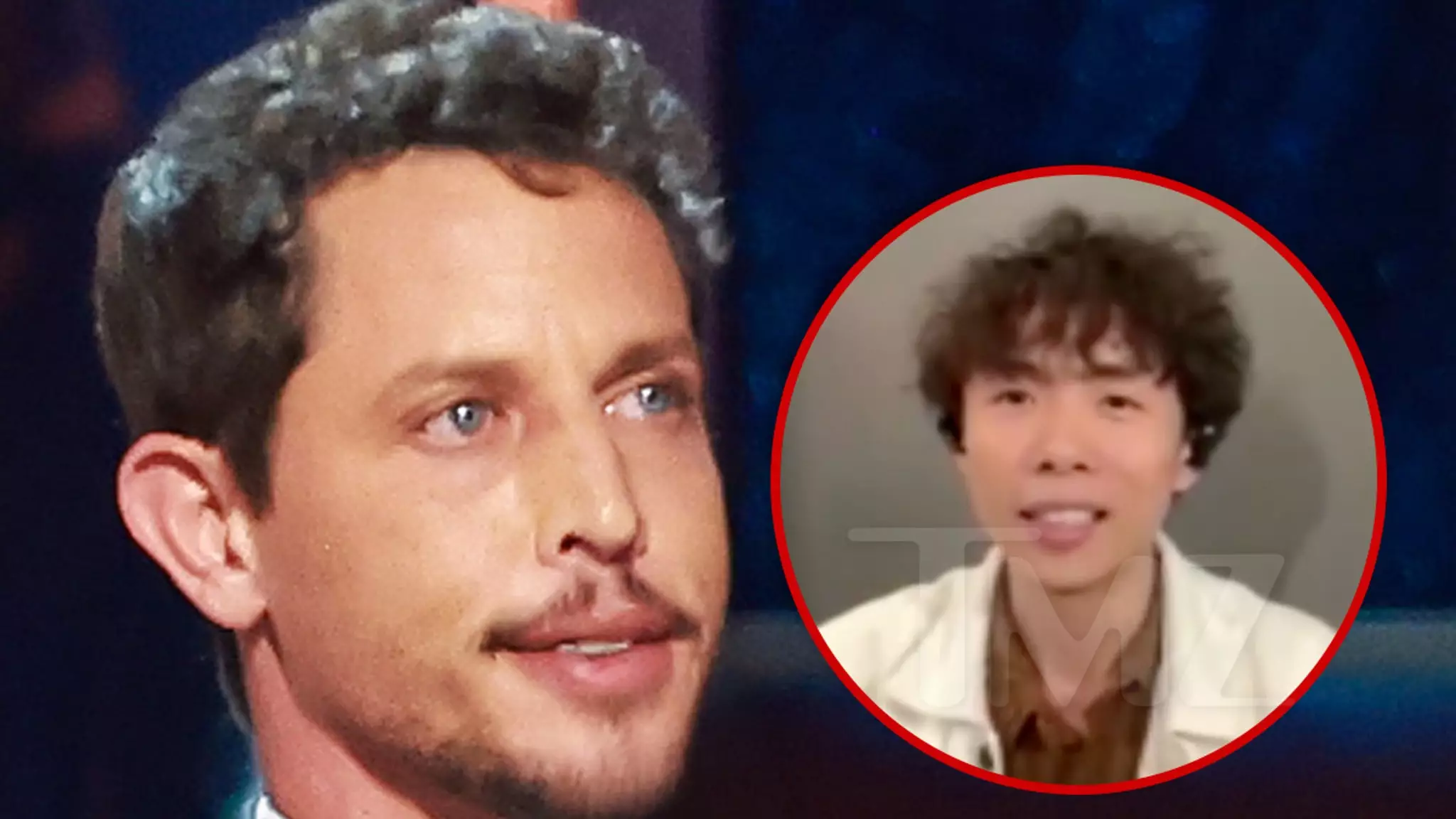Recent events surrounding comedian Tony Hinchcliffe highlight the fine line comedians often tread between humor and insensitivity. Following his controversial joke about Puerto Rico during a rally, Hinchcliffe found himself at the center of a media storm. Comedian Peng Dang, who has his own history with Hinchcliffe, provided insight into this recurring pattern of offensive humor in the comedy world. Rather than express shock at Hinchcliffe’s words, Dang remarked that he expected nothing less from someone with such a contentious history.
Hinchcliffe’s approach to comedy encompasses a style that thrives on shock value, often crossing into dangerous territory. For many, this raises existential questions about the comedian’s responsibility and the audience’s tolerance for racial and ethnic stereotypes. As evidenced by the backlash following Hinchcliffe’s latest remarks, audiences are increasingly unwilling to accept jokes that belittle marginalized communities, which leaves comedians like Hinchcliffe walking a tightrope as they navigate their careers.
Peng Dang’s commentary sheds light on how personal experiences with offensive humor can shape a comedian’s perspective. Three years ago, Hinchcliffe subjected Dang to a racist verbal attack, an experience that was undoubtedly traumatic. This incident reveals the damaging effects of such humor, not only on the targeted individuals but also on the broader fabric of comedy. It serves as a stark reminder that humor, when derived from hate or insensitivity, can contribute to a culture of normalization surrounding derogatory remarks.
Analyzing the deeper implications of this incident, it’s clear that while some may brush off Hinchcliffe’s jokes as mere comedy, they have tangible repercussions. Hinchcliffe himself faced consequences, losing his representation as a direct result of his comments, indicating that the industry is beginning to take a stand against toxic humor. The entertainment world is evolving, and as a result, comedians are being held accountable in ways that were previously overlooked.
The comedian’s remarks during a high-profile Trump event, particularly in front of a politically charged audience, ignited significant backlash and conversation around accountability in comedy. The response from high-profile figures like Puerto Rican rapper Bad Bunny and other celebrities illustrates a collective push against the normalization of harmful rhetoric. Their condemnation not only criticized Hinchcliffe’s actions but also showcased the power of solidarity among public figures in advocating for change.
Moreover, the aspect of “cancel culture” that Hinchcliffe is expected to dismiss reflects a larger societal movement. As more individuals come forward to challenge comedic norms, the dialogue shifts from humor simply being entertainment towards how it perpetuates stereotypes and harm within society. This evolution could reshape the landscape of comedy, demanding deeper thought and sensitivity in joke construction.
As we navigate through these pivotal discussions surrounding comedy and its implications, it is essential for both comedians and audiences to engage in a continuous dialogue about the ethics of humor. Offensive jokes, as illustrated through the lens of Peng Dang’s experience with Tony Hinchcliffe, serve as a wake-up call to reconsider what is deemed acceptable in comedy.
Humor should be a vehicle for connection and understanding rather than division. By critically analyzing the implications of offensive jokes and promoting responsible comedy, a healthier and more inclusive environment can emerge in the world of entertainment. This transformation hinges upon collective accountability, and it is imperative for all involved—comedians, audiences, and industry gatekeepers—to play their part.

